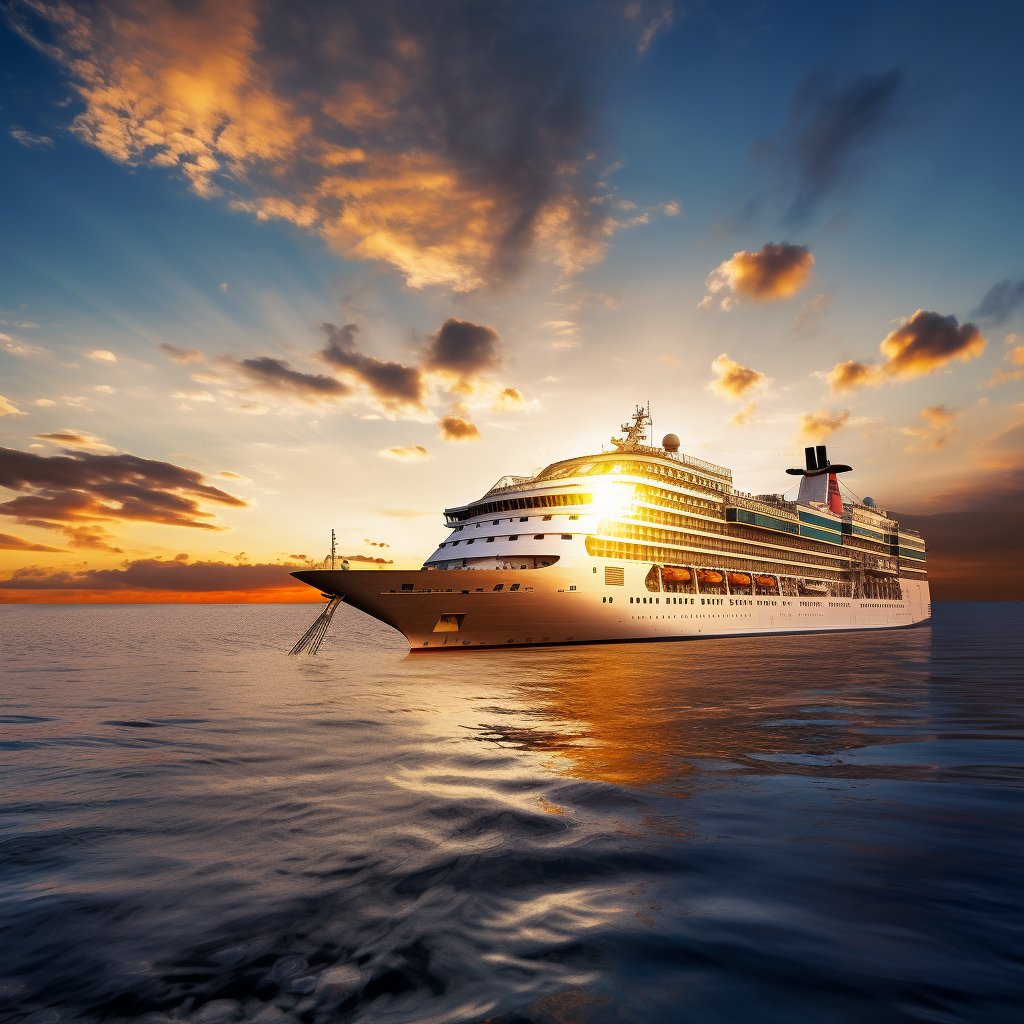September 28, 2023
Debunking Greenwashing – LNG in Cruise Industry Sustainability
Book a Demo
Royal Caribbean’s Utopia of the Seas, an advanced cruise ship currently under construction in France, is set to be fueled by liquified natural gas (LNG). This fossil fuel is primarily composed of methane and has been promoted as a sustainable fuel alternative by major cruise companies like Carnival Corporation & plc, MSC Cruises, and Royal Caribbean Group.
Despite these endorsements, concerns about LNG’s negative climate impacts are on the rise. A case in point is the UK’s Advertising Standards Authority, which is currently being petitioned by Opportunity Green. This non-profit organization challenges the assertion that LNG is a “green technology” and a step towards “zero emissions operations”. They suggest that the promotion of LNG as a sustainable fuel alternative represents an instance of “greenwashing”.
Greenwashing is a term used to describe the process of providing a misleading impression about the environmental benefits of a product, service, technology, or company practice. In this case, accusations of greenwashing have been levelled at cruise ship companies for their use of LNG. According to critics such as Opportunity Green, LNG continues to emit harmful pollutants, thereby undermining its green credentials.
The debate is not only about the veracity of claims concerning LNG’s sustainability. Advocates for decarbonization suggest that the cruise industry’s reliance on LNG could be thwarting the development and adoption of genuinely clean technologies. They argue that cruise companies should instead invest in zero emissions solutions like wind propulsion, electrification, and renewable energy-derived e-fuels.
The UK Advertising Standards Authority is taking these concerns seriously. It is currently investigating complaints about Green Seas’ advertising claims that LNG-fueled ships are a “greener” alternative. Environmentalists involved in this matter argue that, despite the marketing spin, LNG still emits greenhouse gases.
The controversy over the sustainability of LNG extends beyond just cruise ships, reaching into other sectors such as shipping and energy. As the world grapples with the urgent need to reduce greenhouse gas emissions, the debate over LNG’s role in our energy future is likely to intensify. Only time will tell whether LNG will be part of the solution, or if it will be consigned to the annals of history as a transitional fuel that fell short of its promise.



